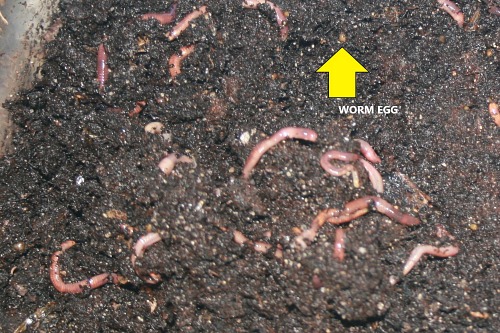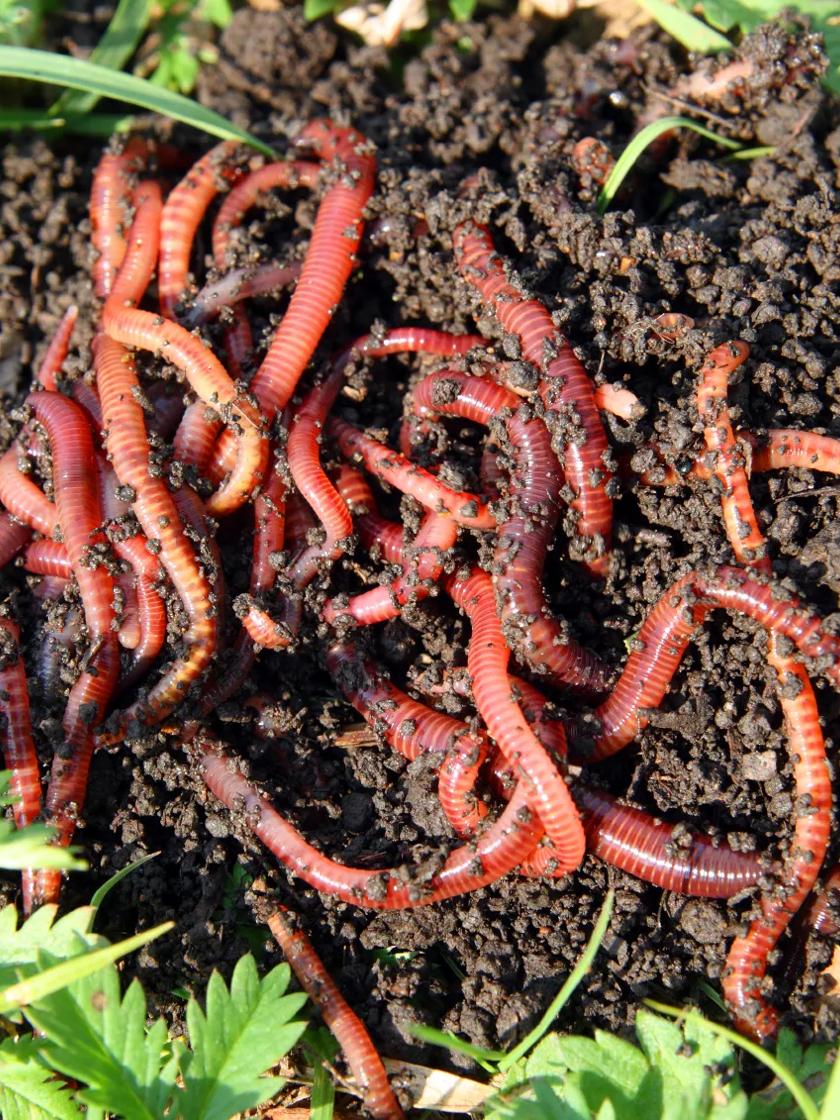Lake Hickory Bait: Trusted Supplies for Every Season of Fishing
Lake Hickory Bait: Trusted Supplies for Every Season of Fishing
Blog Article
The Unbelievable Globe of Red Wigglers: Boost Your Dirt Fertility Today
These small yet reliable organisms change natural waste into beneficial worm castings, significantly enhancing dirt wellness and advertising lasting practices. As we explore the benefits of vermicomposting and the practical steps to produce a reliable worm bin, the potential influence of these worms on your gardening success becomes progressively evident.
Comprehending Red Wigglers
Red wigglers, scientifically recognized as Eisenia fetida, are a types of earthworm that play a crucial duty in enhancing soil fertility. These worms prosper in organic-rich settings, such as garden compost heaps and rotting plant material, where they consume organic waste and eliminate nutrient-dense castings. Their distinct composition, featuring a fractional body and a clitellum, permits them to recreate rapidly and efficiently process huge quantities of raw material.

The ecological importance of red wigglers prolongs past mere waste processing; they add to the dirt food web, cultivating a diverse community of microbes that even more boost soil health and wellness. Understanding the biology and habits of red wigglers is vital for harnessing their full potential in sustainable farming and gardening methods.
Benefits of Vermicomposting
(Lake Rhodhiss Bait)Harnessing the power of red wigglers via vermicomposting deals various advantages that dramatically enhance dirt health and fertility. One of the primary benefits is the manufacturing of nutrient-rich worm spreadings, which are a superb all-natural fertilizer. Red Wiggler Express. These castings contain important nutrients like nitrogen, phosphorus, and potassium, advertising robust plant development and boosting plant yields
The presence of worm spreadings boosts dirt structure, permitting for much better water retention and water drainage. Red wigglers help damage down natural issue, increasing decomposition and reusing nutrients back right into the soil.
Vermicomposting additionally fosters microbial activity, which is vital for a healthy dirt ecological community. Beneficial microbes grow in the visibility of worm castings, assisting in the failure of organic products and enhancing nutrition availability to plants.
Finally, vermicomposting functions as an efficient waste monitoring option, decreasing landfill waste by reusing cooking area scraps and various other natural products. This not only contributes to ecological sustainability however likewise promotes a round economy within horticulture and farming.
Just How to Set Up a Worm Bin
Establishing up a worm container is a simple process that can dramatically improve your composting efforts. Begin by picking a proper container, which can range from a readily available worm bin to a straightforward plastic or wood box (Red Wiggler Express). Guarantee the container has adequate air flow; little openings in the cover and sides will help with air blood circulation
Next, develop a bed linen layer to provide a comfy setting for the red wigglers. This can be made from shredded newspaper, cardboard, or coconut coir, dampened to a damp, sponge-like uniformity. Load the container to about one-third complete with this bedding product.
Once the bed linen is prepared, it's time to present the worms. Red wigglers grow in organic waste, so area them carefully onto the bed linens. Cover the worms with a light layer of extra bed linens to help them accommodate.
Feeding Your Red Wigglers
Supplying the best food for your red wigglers is essential for their health and the performance of your composting system. Red wigglers thrive on a varied diet regimen, mainly being composed of organic products such as vegetables and fruit scraps, coffee grounds, and shredded paper. These materials not just supply necessary nutrients but additionally add to the microbial activity in the worm container, which is essential for the worms' food digestion.
It is important to avoid certain foods, such as dairy products, oils, and meats, as these can draw in pests and create undesirable odors. Additionally, citrus peels and extremely zesty foods must be restricted due to their possible to harm the worms. A well balanced approach to feeding involves keeping track of the quantity of food introduced to the container, ensuring that it is consumed within a sensible timespan to avoid excess waste buildup.
To promote ideal food digestion, it is helpful to slice or shred larger food products before including them to the container. This technique raises the area for microbial activity, helping with quicker decay and boosting the overall effectiveness of your composting system. Frequently observing the worms' feeding behaviors will assist you change their diet regimen as needed.
Making Use Of Worm Spreadings in Your Yard

(Red Wiggler Express)Incorporating worm spreadings into your yard can be completed by blending them right into the soil or using them as a leading dressing. The slow-release nature of these castings makes sure that nutrients are available to plants over an extensive duration, minimizing the demand for synthetic plant foods. Additionally, worm castings include helpful bacteria that promote healthy soil ecosystems, improving the overall strength of your yard.
To optimize the advantages, objective to apply about one component worm spreadings to 3 components soil in your planting beds. Regular applications can cause boosted plant yields and healthier plants, making worm castings an invaluable resource for both newbie and experienced gardeners alike. By utilizing this natural change, you can cultivate a flourishing yard while adding to sustainable gardening techniques.
Final Thought
Finally, red wigglers exhibit the vital role of vermicomposting in boosting soil fertility. Their capacity to transform natural waste right into nutrient-rich spreadings substantially improves soil structure and sustains microbial variety. Establishing a vermicomposting system not only advertises lasting gardening techniques however also adds to environmental wellness. By leveraging the benefits of these amazing organisms, gardeners can cultivate much more effective and durable ecosystems, ultimately fostering a more sustainable method to agriculture and cultivation.
Report this page